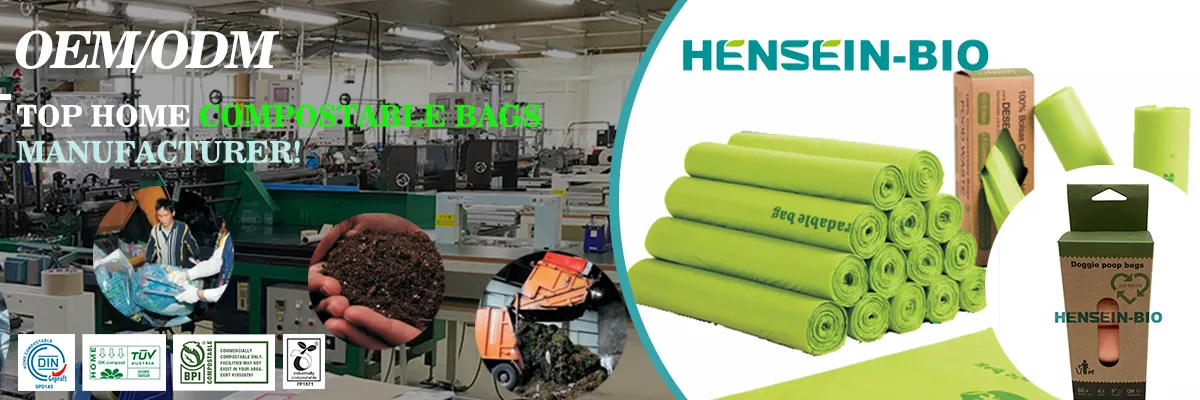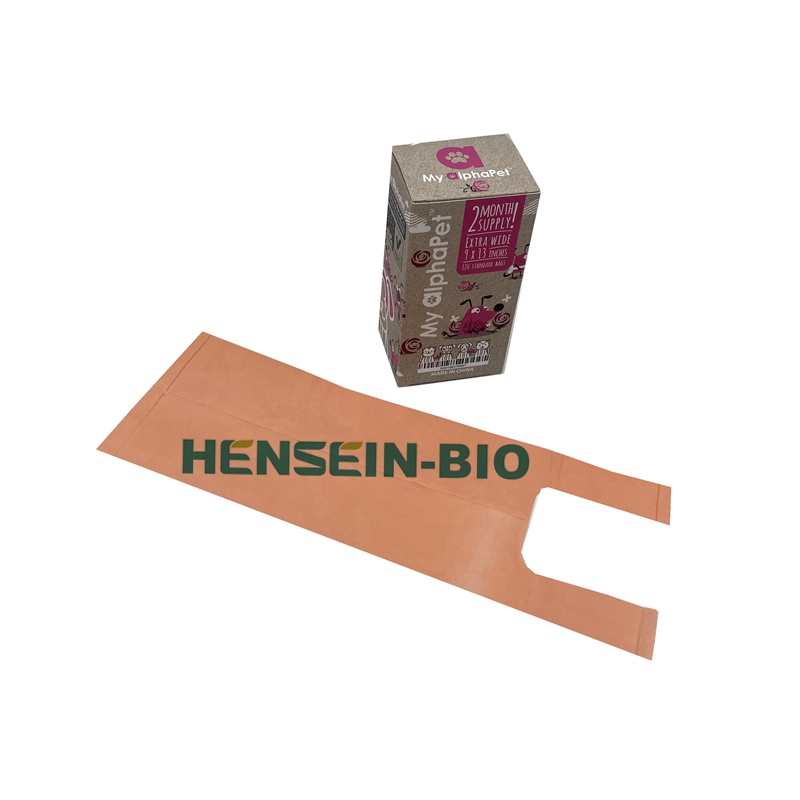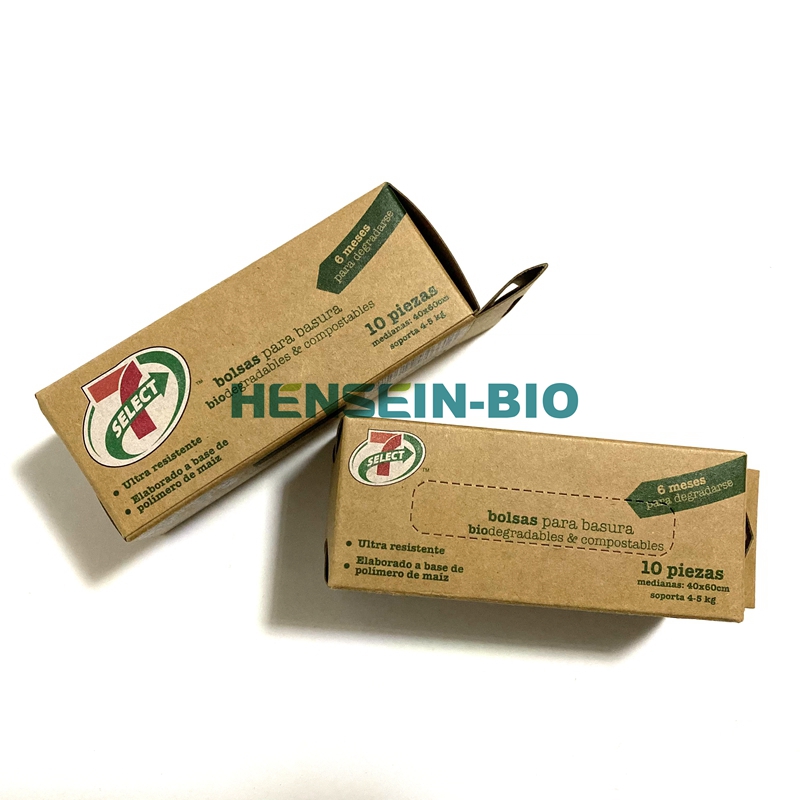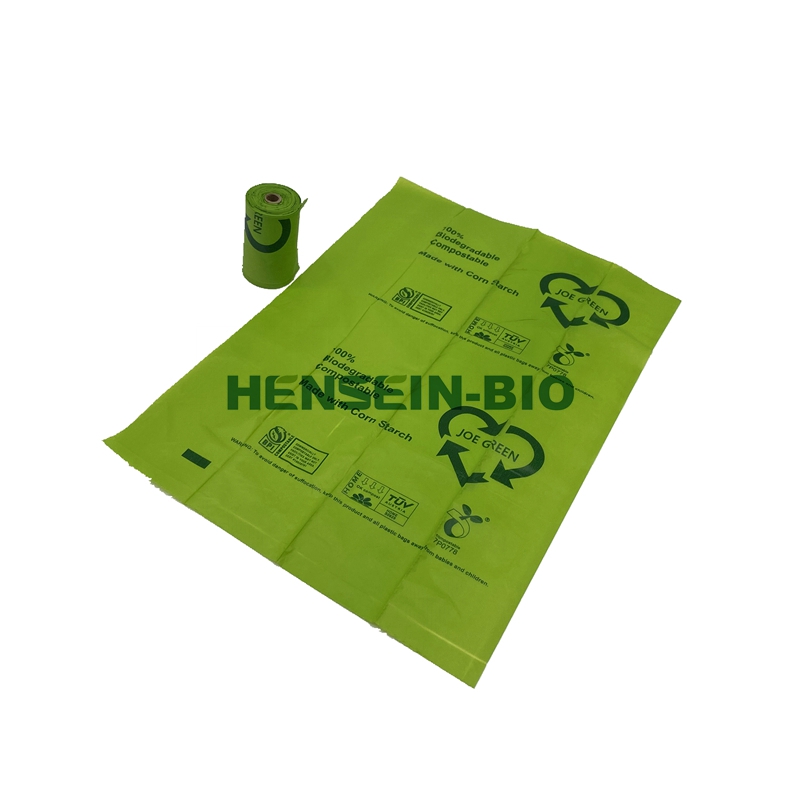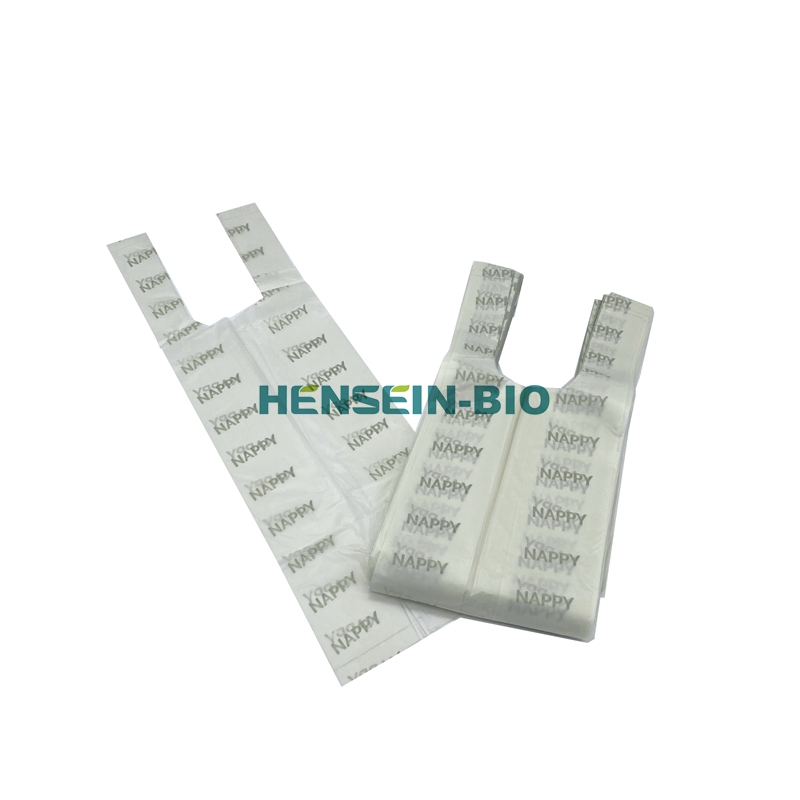
How Is Consumer Demand Shaping the Future of Sustainable Food Packaging?
For wholesalers, supermarkets, and distributors, a critical question arises: how can businesses respond to the rising demand for sustainable food packaging? Traditional plastic packaging creates long-lasting waste, harms ecosystems, and fails to meet evolving regulations. Ignoring these issues risks consumer backlash and potential market loss. The solution is adopting innovative products such as compostable vegetable bags and biodegradable alternatives that decompose naturally. Hensein-Bio, a leading manufacturer and supplier, offers customizable, certified solutions that ensure compliance with global standards. With six production lines and years of export experience, Hensein-Bio provides scalable eco-friendly packaging that enhances brand image while protecting the environment and supporting long-term business growth.
Consumer demand for sustainable packaging drives the growth of compostable vegetable bags, giving wholesalers, manufacturers, and suppliers customizable solutions that reduce plastic waste while enhancing brand credibility in eco-conscious markets.
Exploring sustainable options such as jute, compostable materials, and certified biodegradable products helps businesses make smarter choices that align with market trends and consumer expectations.
Why Are Biodegradable Jute Bags Considered Sustainable?
Biodegradable jute bags are widely recognized as sustainable because they are made from renewable natural fibers that decompose quickly without leaving harmful residues. Unlike conventional plastic bags, which persist for centuries, jute bags break down naturally, returning nutrients to the soil. They also require less energy and fewer resources during production compared to synthetic materials. This combination of renewability and biodegradability makes jute an ideal option for eco-conscious packaging.
From a business perspective, wholesalers and retailers benefit greatly from offering jute bags. They provide durability for repeated use, ensuring longer life cycles and reducing overall waste generation. Manufacturers like Hensein-Bio enhance this advantage by offering customizable jute-based solutions alongside compostable vegetable bags. For suppliers and distributors, this ensures they can meet the dual demand for both eco-friendly grocery packaging and sustainable promotional products, appealing to environmentally aware customers and strengthening brand identity.
What Is the Difference Between Compostable Bags and Biodegradable Bags?
Although often used interchangeably, compostable and biodegradable bags are not the same. Biodegradable bags are designed to break down over time, but the process can vary in length and conditions. Some biodegradable bags may take years to degrade and can leave behind microplastics depending on their material composition. Compostable bags, on the other hand, are specifically designed to decompose fully in industrial or home composting systems, turning into water, carbon dioxide, and organic matter within a set timeframe.
This distinction is essential for wholesalers and distributors sourcing eco-friendly products. Compostable vegetable bags offer a reliable guarantee of safe decomposition under certified conditions, making them highly attractive for supermarkets and chain stores. Hensein-Bio, as a trusted manufacturer and supplier, provides customizable compostable solutions with certifications recognized across Europe, North America, and Asia-Pacific. This ensures businesses meet both regulatory requirements and consumer expectations, reducing risks associated with misleading product claims while strengthening eco-friendly branding.
How Can I Tell If a Product Is Compostable?
With growing demand for sustainable packaging, businesses and consumers need clear ways to identify compostable products. The most reliable method is certification. Compostable bags that comply with international standards such as EN13432, ASTM D6400, or ISO 17088 will carry official certification marks or labeling. These guarantees confirm that the bags will decompose under specific composting conditions within a defined timeframe, leaving no harmful residues behind.
For wholesalers and retailers sourcing compostable vegetable bags, ensuring that products carry these certifications is crucial to avoid greenwashing and maintain consumer trust. Hensein-Bio ensures that all its compostable packaging solutions are certified and customizable to client needs. As a manufacturer and supplier with years of international trade experience, the company provides transparency and reliability, helping distributors confidently market eco-friendly products in competitive markets. This focus on authenticity not only builds trust but also supports businesses in aligning with strict environmental regulations.
Conclusion
Consumer demand for sustainable food packaging continues to rise. By offering certified compostable vegetable bags and customizable eco-friendly solutions from trusted manufacturers and suppliers, businesses can protect the environment while gaining a strong market advantage.
About HENSEIN-BIO
HENSEIN-BIO is a professional 17+ years manufacturer in producing Home compostable & biogegradable bags including garbage bags , trash bags ,poop bags, dog bags, T-shirt bags, shopping bags, produce bags, handle bags and so on. We own the certificates of SGS, EN13432,ASTM D-6400, FDA food grade certificate, support color /size customization.
Welcome to consult for Catalog and Product. you can contact us at email [email protected]
